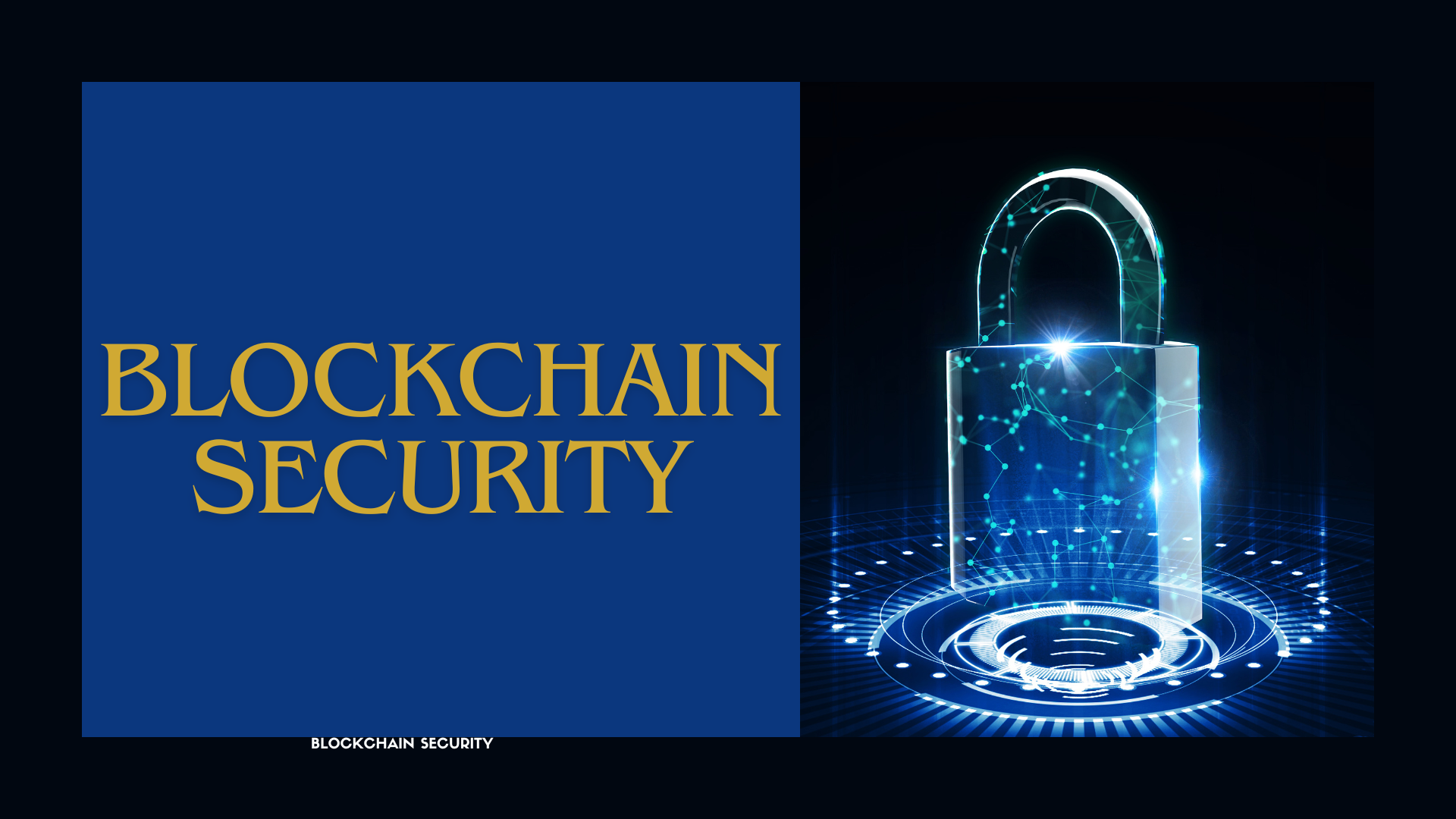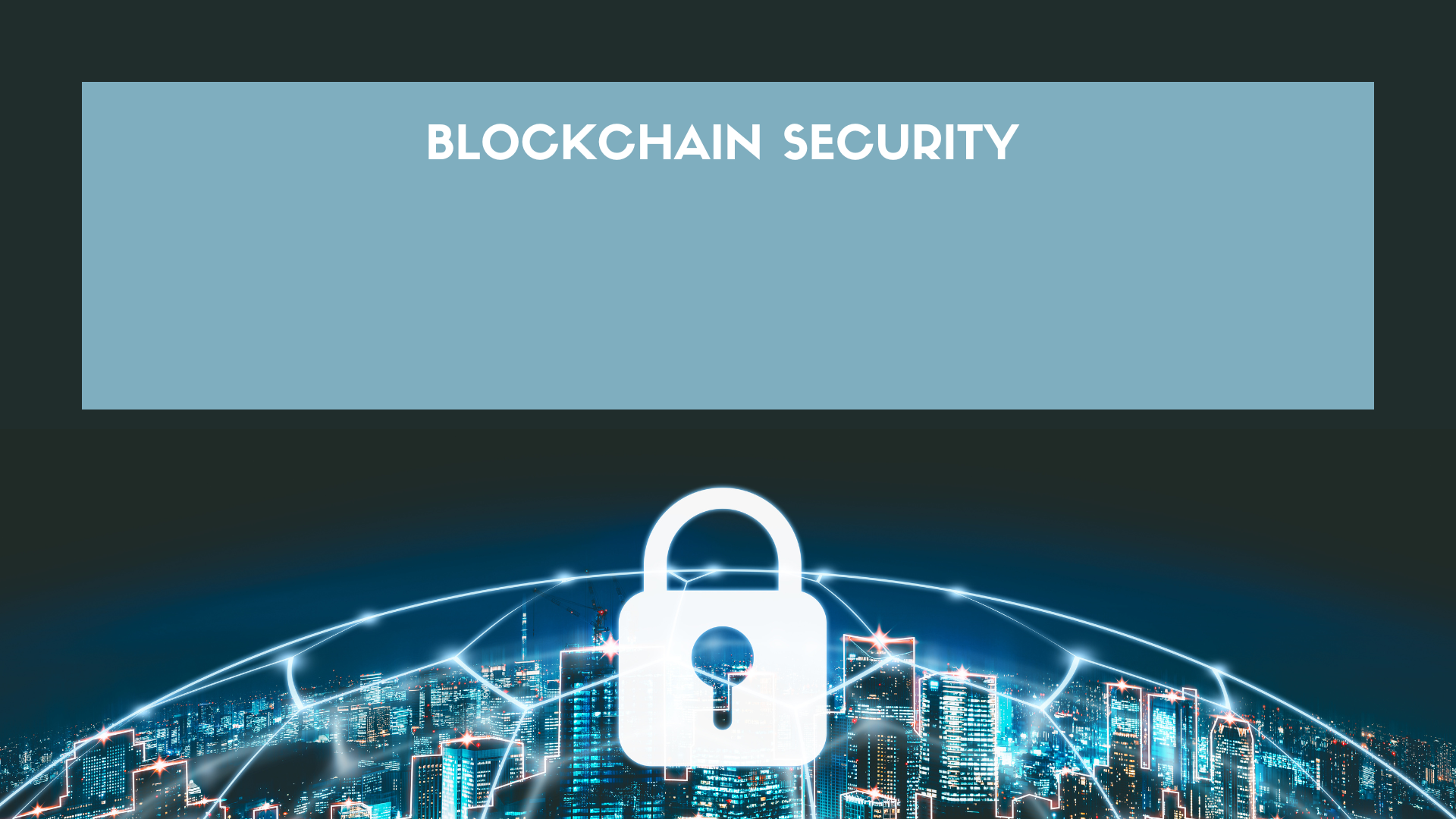Steem Alliance
made by canva
Blockchain security refers to the blockchain network. Transactions and unauthorized access to data. Refers to the measures and practices implemented to protect against manipulation and fraud. Here are some key aspects of blockchain security I mention below:
Cryptographic Techniques: Blockchain uses cryptographic algorithms to ensure the security of transactions and data. This includes hashing. Digital signatures and cryptographic keys.
Consensus Mechanism: Blockchain networks rely on consensus mechanisms such as Proof of Work (PoW) or Proof of Stake (PoS) to validate and validate transactions. These processes help maintain the integrity of the blockchain and prevent malicious activity.
Distributed Ledger: Blockchain operates on a decentralized network of nodes that maintain a distributed ledger. This distribution improves security by eliminating single points of failure and making it difficult for attackers to manipulate data.
Immutable and transparent nature: Once a transaction is recorded on the blockchain. It is almost impossible to change or delete it. Blockchain transparency allows participants to verify the integrity of information. which reduces the risk of tampering.
Smart Contract Auditing: Smart contracts deployed on blockchain platforms need to be audited for vulnerabilities and potential security risks. This helps identify and correct any flaws in the contract code that could be exploited by attackers.
Private and Public Key Infrastructure: Each participant in the blockchain network has a unique pair of cryptographic keys. A private key and a public key. These keys are used to authenticate transactions and ensure secure access to data.
Network Security: Unauthorized Access to Blockchain Networks. Strong security measures are needed to protect against DDoS attacks and other network-level vulnerabilities. These include secure node communication, network monitoring and firewall protection.
It is important to note that blockchain technology provides improved security compared to traditional centralized systems. It is not completely immune to security risks. Ongoing research to continuously improve blockchain security. Auditing and best practices are crucial.
.png)
made by canva
Blockchain technology ensures the privacy of sensitive data through a combination of cryptographic techniques and authorized access controls. Let's explore how it achieves this while maintaining transparency
Cryptographic techniques: Blockchain uses various cryptographic algorithms such as symmetric and asymmetric encryption to secure data. Sensitive data can be encrypted before being stored on the blockchain. Ensures that only authorized parties with decryption keys can access data.
Private/Public Key Infrastructure: Each participant in a blockchain network has a unique pair of cryptographic keys. A private key and a public key. Although the public key is publicly accessible and is used to verify and encrypt data. The private key remains secret and is required for decryption. This ensures that sensitive data remains confidential. Because only authorized people can decrypt it using their private key.

Support @bangla.Witness by Casting your witness vote
VOTE @bangla.witness as witness  OR
OR
SET @rme as your proxy|
Best regards from Mostofa Jaman|-|




